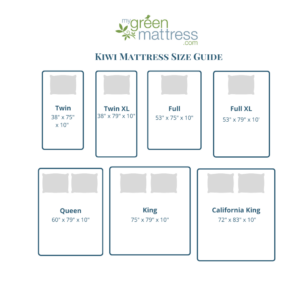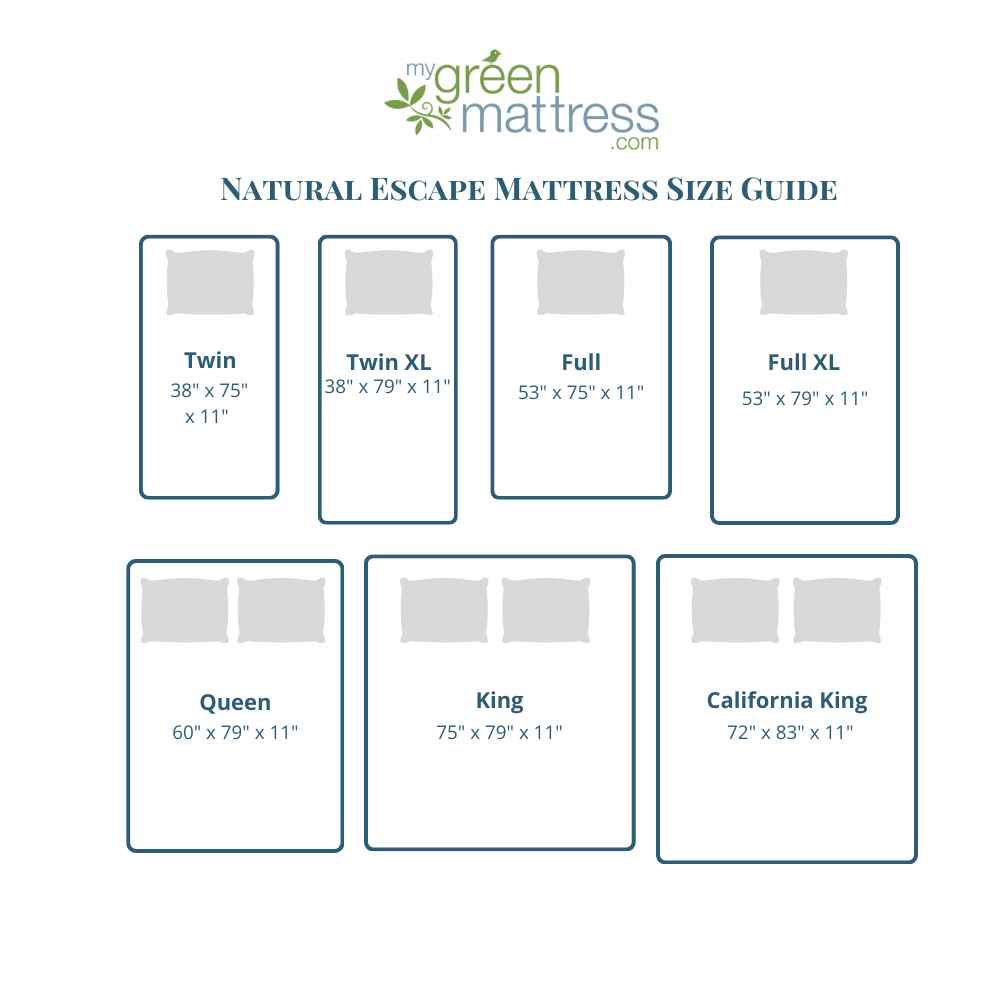Allergy season is in full-force and causing a lot of restless nights. Millions of people suffer with seasonal allergy symptoms. For some allergy sufferers, springtime is when their symptoms are triggered the most. These symptoms often include watery eyes, itchy throat, sneezing, and stuffiness. The stuffy nasal congestion is the worst, especially when trying to get a good night’s rest.
How Sleep is Affected by Allergies
Are you snoring more lately? Perhaps you don’t normally snore but during allergy season, trying to breathe through your nose while sleeping is more difficult. People with nasal congestion due to allergies often find it harder to sleep at night due to congestion, which not only interrupts their sleep but those who share a bedroom with them. Here are a few tips to make your night’s more peaceful.
Eliminating Allergens
In order to get your proper rest, triggers that cause allergy symptoms must be eliminated. Dust, pollen, dust mites, and pet dander are the top known allergy triggers. The best way to eliminate these culprits is with a deep cleaning. If you are unable to do the cleaning on your own due to severe allergies, it might be best to hire a professional service that specialize in green products.
Start with Cleaning/Changing Air Filter
Check the air filter to see if it needs to be changed. Over time the filter becomes clogged with dust, pollen, and other particles floating through the air. A filter is simple and easy to change. A great investment for allergy sufferers is a high-efficiency filter.
Wash Bed Linen Frequently
Dust, and other allergen particles are everywhere, this includes your bed linen and mattress. Wash bed linen often to keep dust from turning into bed mites and entering your mattress. Consider adding a cover to protect your mattress.
Shower Before Bed Lounging
Quite naturally, after a long hard of day, the first thing you want to do is stretch out. Wait! Before laying across your bed, you might be surprised to know, you are spreading outdoor particles including pollen to your bed linen and possibly mattress. Pollen clings to just about everything including your hair, skin, and clothing. A quick shower before ending your day in bed will help to avoid this.
Avoid Opening Windows
On a cool spring day, you might want to open a bedroom window to allow fresh air to circulate inside. Although fresh air is generally a good thing, allergen particles can easily spread through out your home through an open window. The particles build up quickly and trigger allergy symptoms at night. Instead, allow a fan to blow throughout the room or open up the house to air it out right before you have a deep clean planned.
Stop Using Chemical Scents/ Try Diffusers
Chemical fragrances can also trigger allergy symptoms, which can be a pain when trying to sleep. Instead, try using a diffuser which uses natural oils to fragrance the air. The same goes for laundry detergents, avoid those which are heavily scented and opt for ones that are scent-free. Some essential oils have additional healthful properties, too, so try different ones according to your personal taste and health needs.
Invest in a Hypoallergenic Mattress/ Bedding
For the greatest night of allergy-free rest, invest in a hypoallergenic mattress. The mattress is made of organic materials to help reduce allergy symptoms. The materials, such as natural wool and organic latex, are naturally resistant to dust mites and are anti-microbial. Keeping your mattress clean and dry with use of a mattress protector will maintain an environment that dust mites To find out more about eliminating your restless nights with a hypoallergenic mattress, read more here.









